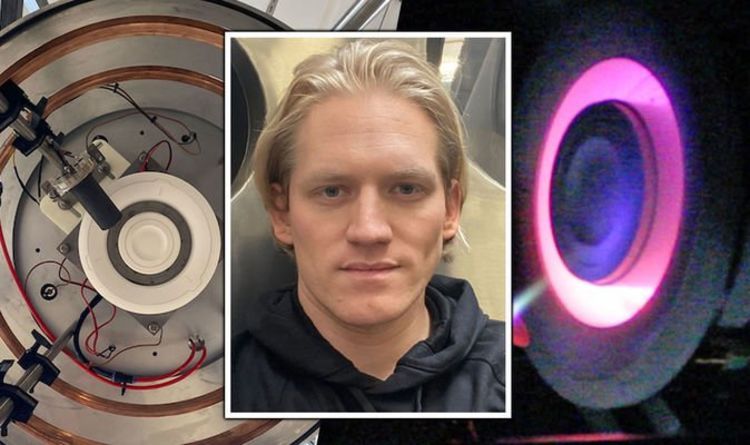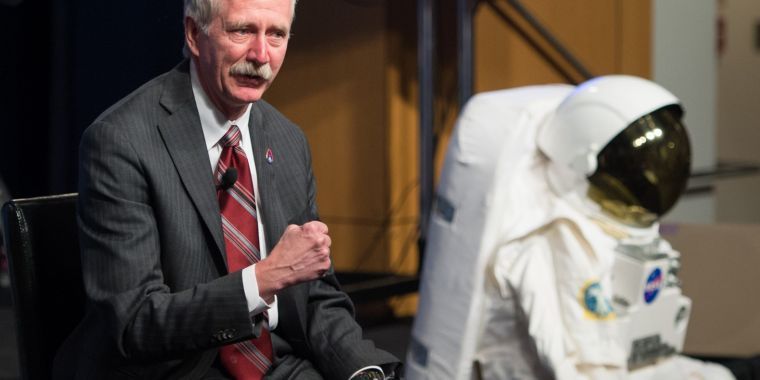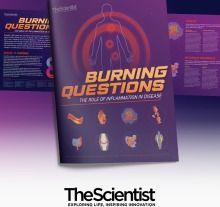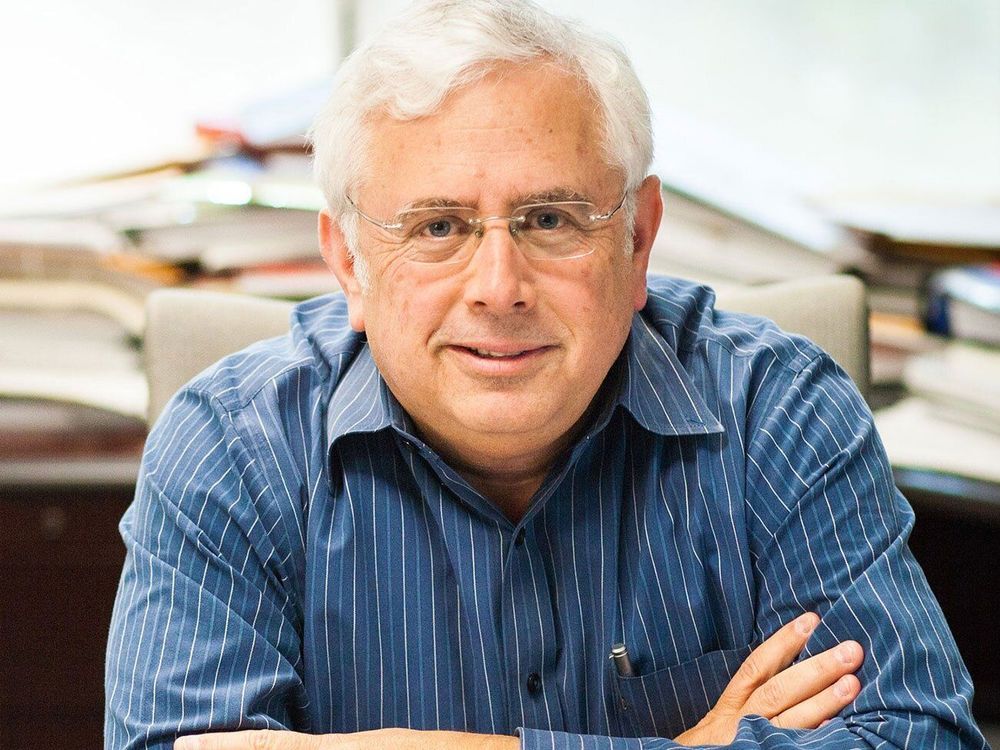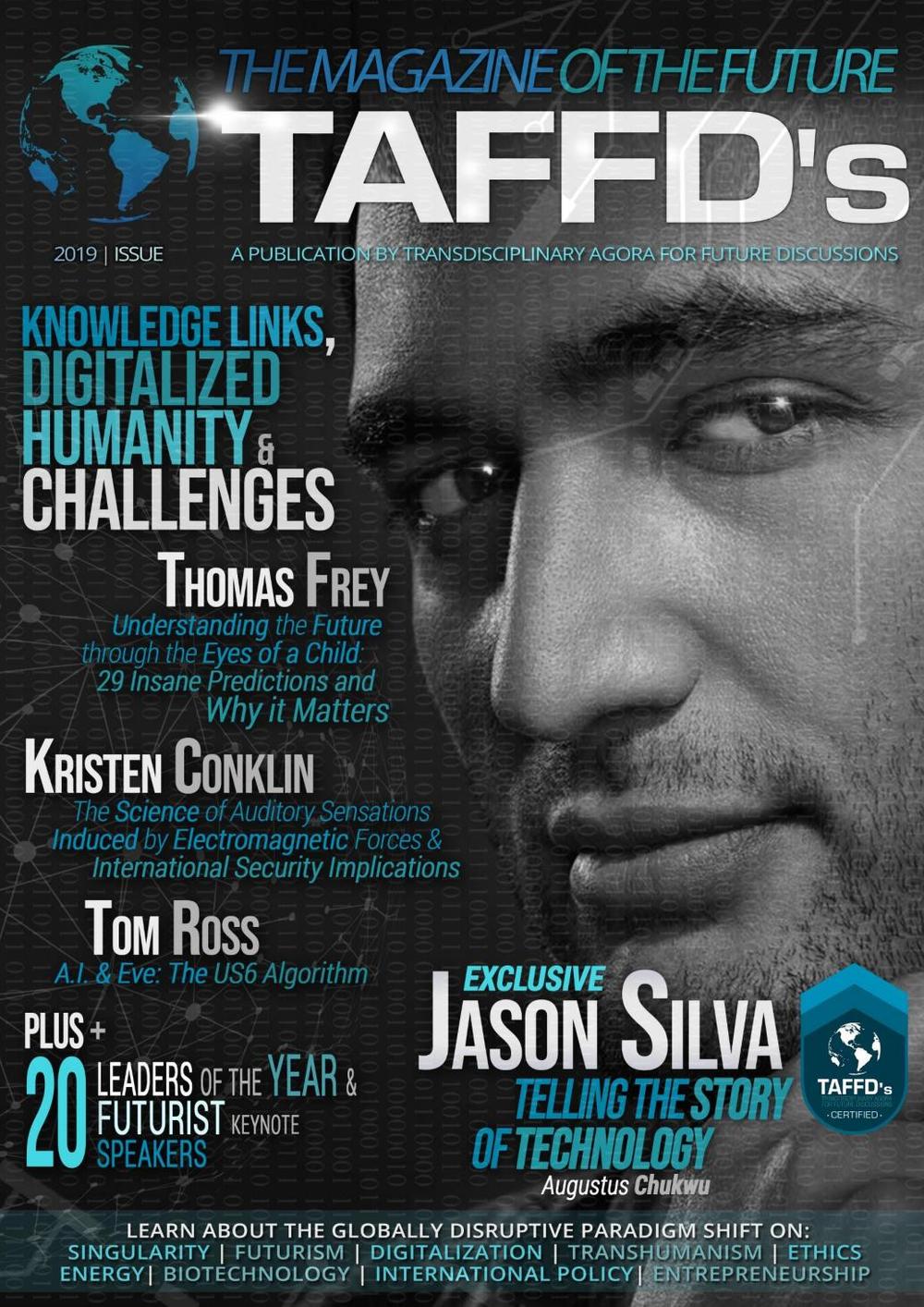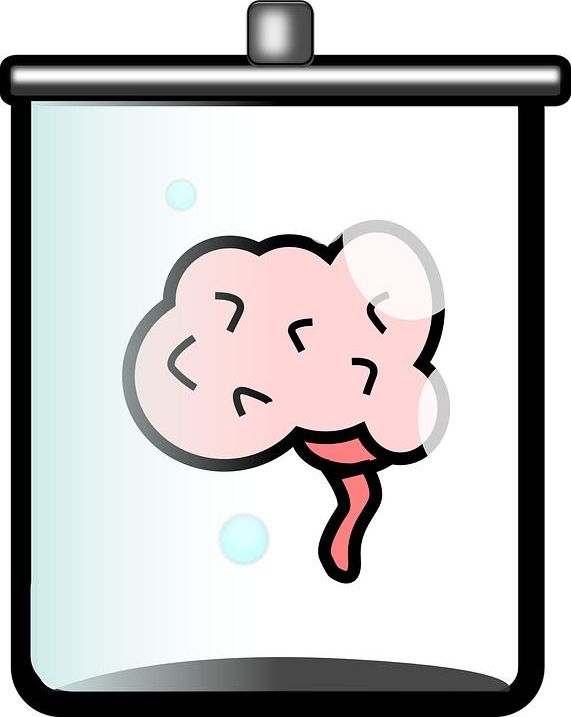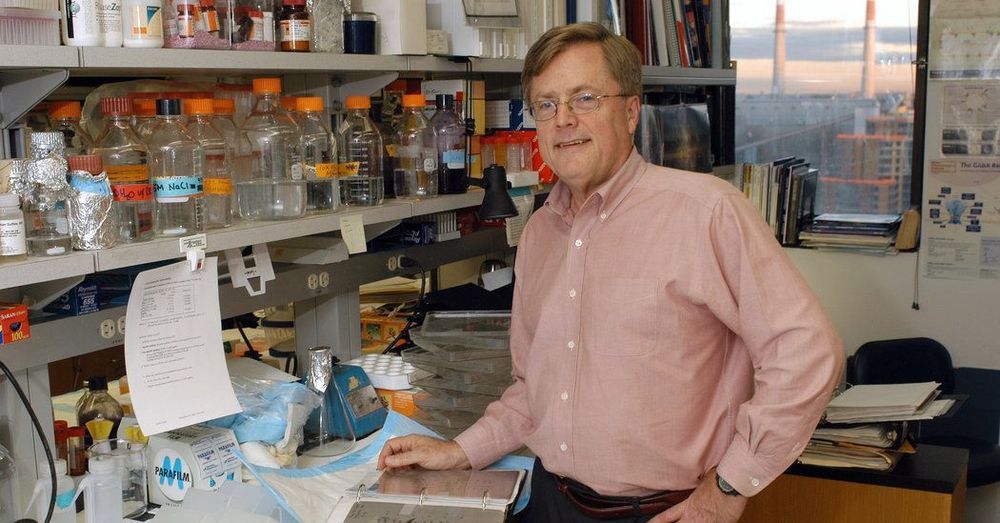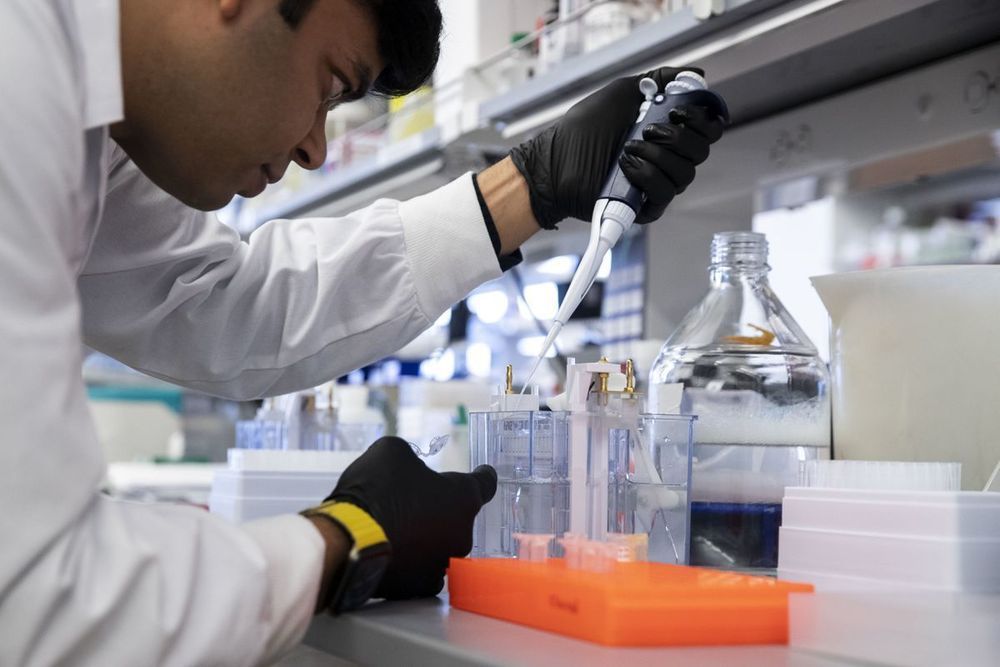A PROTOTYPE of a British-built plasma-powered rocket engine which could propel spacecraft at 100,000mph, thus halving journey times to Mars, has been tested successfully in the UK.
Could automatically find the coronavirus vaccine.
We research and build safe AI systems that learn how to solve problems and advance scientific discovery for all. Explore our work: deepmind.com/research
O.o.
New research has exploded the space of problems that quantum computers can efficiently verify, simultaneously knocking down milestone problems in quantum physics and math.
For example, less than an hour after CNBC first reported Gerstenmaier’s hiring, the head of Russian state space corporation Roscosmos, Dmitry Rogozin, tweeted his congratulations: “I wish my friend success in his new job!”
In his new position, Gerstenmaier is reporting to Hans Koenigsmann, the vice president of mission assurance at SpaceX. Although the role is officially a consultancy, it is expected to become a full-time position. SpaceX is poised to launch the first crewed mission of its Dragon spacecraft by June of this year. Gerstenmaier will play a key role in ensuring the safety of those missions and helping SpaceX secure certification for the Crew Dragon vehicle.
The hiring could have longer-term implications as well. Few people in the global aerospace community have as much gravitas as Gerstenmaier or as much understanding of how to build coalitions to explore space. As SpaceX seeks partners—including NASA—to work with it on developing Starship to take humans to the Moon and Mars, Gerstenmaier is well-positioned to offer advice, stitch together mission plans, and open key doors.
From 2001… I wonder how much this how been studied since?
People who survived the Black Death could have passed on a mutation that prevents the human immunodeficiency virus entering cells.
Wow… hmmm.
Scientists at Sanford Burnham Prebys Medical Discovery Institute have shown that two prebiotics, mucin and inulin, slowed the growth of melanoma in mice by boosting the immune system’s ability to fight cancer. In contrast to probiotics, which are live bacterial strains, prebiotics are “food” for bacteria and stimulate the growth of diverse beneficial populations. The study, published today in Cell Reports, provides further evidence that gut microbes have a role in shaping the immune response to cancer, and supports efforts to target the gut microbiome to enhance the efficacy of cancer therapy.
The research specifically opens new avenues to address important unmet clinical needs in melanoma, as it highlights the possible impact of prebiotics on tumor growth control and therapy resistance.
“Earlier studies have demonstrated that prebiotics limit tumor growth, but until now the mechanism by which they do so has been unclear,” says Ze’ev Ronai, Ph.D., professor in Sanford Burnham Prebys’ Tumor Initiation and Maintenance Program and senior author of the study. “Our study shows for the first time that prebiotics limit cancer growth by enhancing anti-tumor immunity. The study supports further exploration of the potential benefits of prebiotics in treating cancer or augmenting current therapies.”
Congratulations to Osinakachi Gabriel for his launch of the first publication the TAFFD’s “Magazine of the Future” — Also thanks for the Bioquark (page 37) and Regenerage (page 72) profiles — https://issuu.com/taffds/docs/taffd_s_magazine_2019 #Futurism #Longevity #Transhumanism #Biotechnology #Health #Wellness #Regeneration #LifeExtension #Aging #Immortality #IraPastor #Bioquark #Regenerage #Ideaxme #Singularity #Consciousness #AI #JasonSilva #ArtificiaIIntelligence #SENS
In this first issue by Trandisciplinary Agora For Future Discussions, we approach reality from a transdisciplinary perspective in order to find unity and greater understanding of the world as we enter a new paradigm in technological advancements that will lead us to transcending our own biology while enhancing our mental and physical limitations. We explore all topics that relate to transhumanism, cybernetic singularity, energy, consciousness, international policy, electromagnetic forces, language, AI, digitalization, ethics, philosophy, biotechnology, futurism and more.
A Yale University experiment, led by neuroscientist Nenad Sestanwhich reawakened the brains of slaughtered pigs has raised speculation that human trials could be next, renewing ethical concerns over the pursuit of immortality. In the experiments, the pigs did not regain consciousness but Sestan acknowledged that restoring awareness is a possibility and that the technique could work on humans, keeping the brain alive indefinitely.
Nottingham Trent University ethics researcher Benjamin Curtis says ending up as a disembodied brain might just be a “living hell.” Writing in The Conversation he suggested that living without any actual contact with reality could be a fate worse than death. “Some have argued that even with a fully functional body, immortality would be tedious. With absolutely no contact with external reality, it might just be a living hell,” Curtis wrote.
Curtis explained that the brain is highly integrated with the rest of the body in both humans and animals. It is constantly receiving and sending signals from and to it. “We have no idea what experiences would occur within a disembodied brain. But those experiences may well be deeply disturbing,” he said.
A neuroscientist, he showed how an unrelenting barrage of stress hormones can break down the body, leading to disease, depression, obesity and more.
Scientists at the Wistar Institute and its partners expect to test a vaccine in human subjects by early summer.
